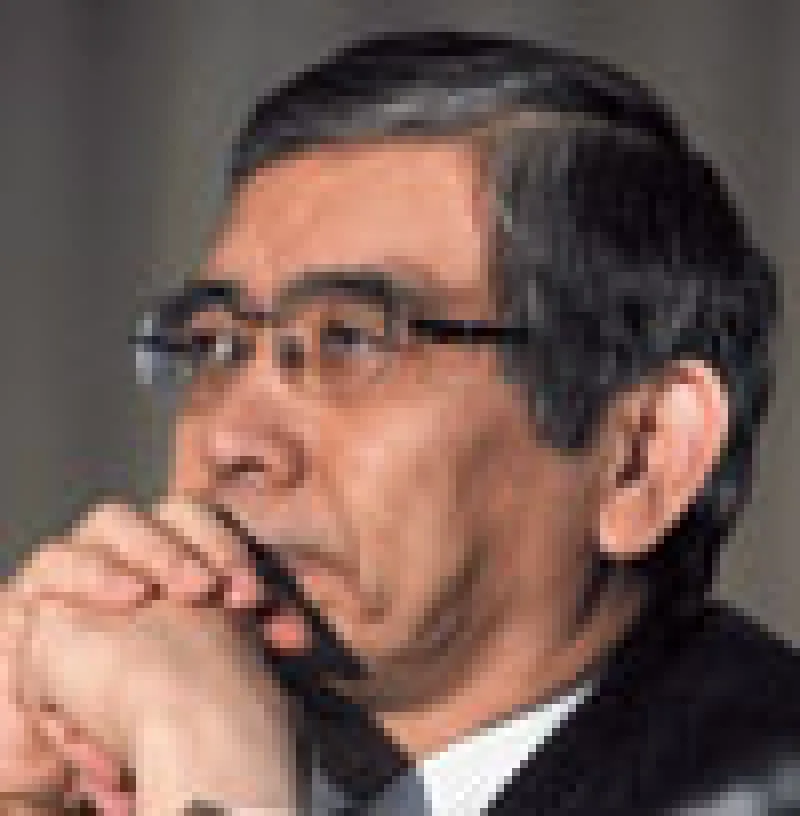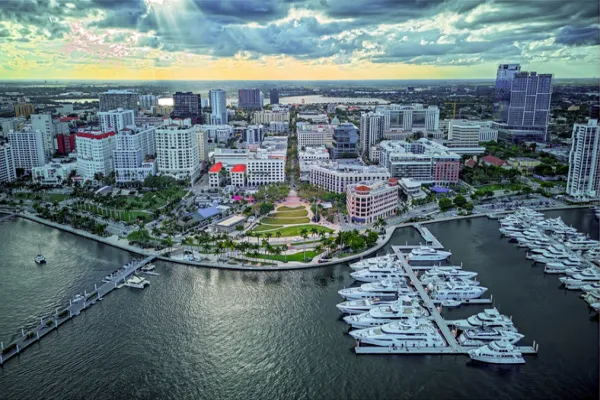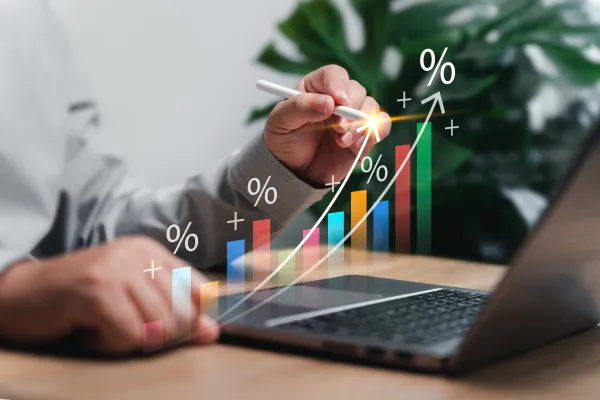The global economic crisis is giving a new lease on life to international financial institutions, and the Asian Development Bank is moving quickly to seize the opportunity.
The ADB is expected to win approval for a tripling of its capital base, to $165 billion, at its annual board of governors meeting in Bali, Indonesia, early next month. That would make the Manila-based institution the first of the major IFIs to obtain a sizable increase in its resources.
Supporters of the move say it comes not a moment too soon. Losses, measured by declines in equity and bond markets in developing Asia (which does not include Japan and Australia) and the depreciation of Asian currencies against the U.S. dollar, hit $9.6 trillion in 2008, exceeding the region’s GDP of $8.9 trillion in 2008, and constituting the biggest drop of any emerging-markets region, according to a March report by the ADB.
Additional capital would enable the bank to help its members weather the crisis, says ADB president Haruhiko Kuroda, a former vice minister of Finance in Japan. "Most loans are for continuing and expanding of investments in infrastructure, but in some cases we are talking about assistance for immediate quick-disbursement loans," Kuroda told Institutional Investor in an interview in his Manila office last month. Sovereign lending will increase, especially to poor nations such as Bangladesh, Cambodia, Laos and states hit by lower oil prices and the global crisis.
Sources close to the multilateral lender, which was founded in 1966 and is owned by 48 Asia-Pacific nations and 19 Western countries, many of them members of the Organization for Economic Co-operation and Development, say approval is likely. The request was unanimously endorsed by G-20 finance ministers at their meeting in London last month.
The bank distributed more than $10.5 billion in loans last year, primarily for infrastructure projects in developing nations. The capital increase will enable the bank to boost lending to about $12 billion a year through 2020, Kuroda says. The ADB had applications for close to $7 billion in loans as of early last month.
The bank plans to direct a big portion of the increased funds to support trade finance, a new priority for the institution. Most of the bank’s Asian members rely heavily on exports for growth, but recessions in the U.S. and Europe have curbed demand for the region’s products and sent economies into a tailspin. The bank will extend loans to exporters through Asian commercial banks, which have been hesitant to lend amid the current credit crisis. It does not bail out banks. "We intend to substantially increase our assistance to trade finance," Kuroda says. "Even trade credit is now not so easy to get in developing countries." On April 1 the ADB board agreed to boost its annual trade finance facility to $1 billion, up from $150 million when it was set up in 2004.
For some, chipping in extra funds will be money well spent. China, which currently accounts for 6.4 percent of the ADB’s capital base, is the third-largest shareholder, after Japan and the U.S., which each own 15.6 percent. "China realizes that this global crisis means it can no longer rely on the U.S. and EU for exports — its exports in the future will depend on Asia, Africa and Latin America," says Guan Anping, a Beijing-based adviser to the Chinese government.
The move to triple the ADB’s capital base coincides with the decision by Asian finance ministers to set up a $120 billion foreign exchange swap fund, also to be voted on next month at the ADB meeting. The creation of the swap fund, combined with the expansion of the ADB’s capital base, "would provide some assurance that a crisis like 1997 or 1998 would be avoided."






